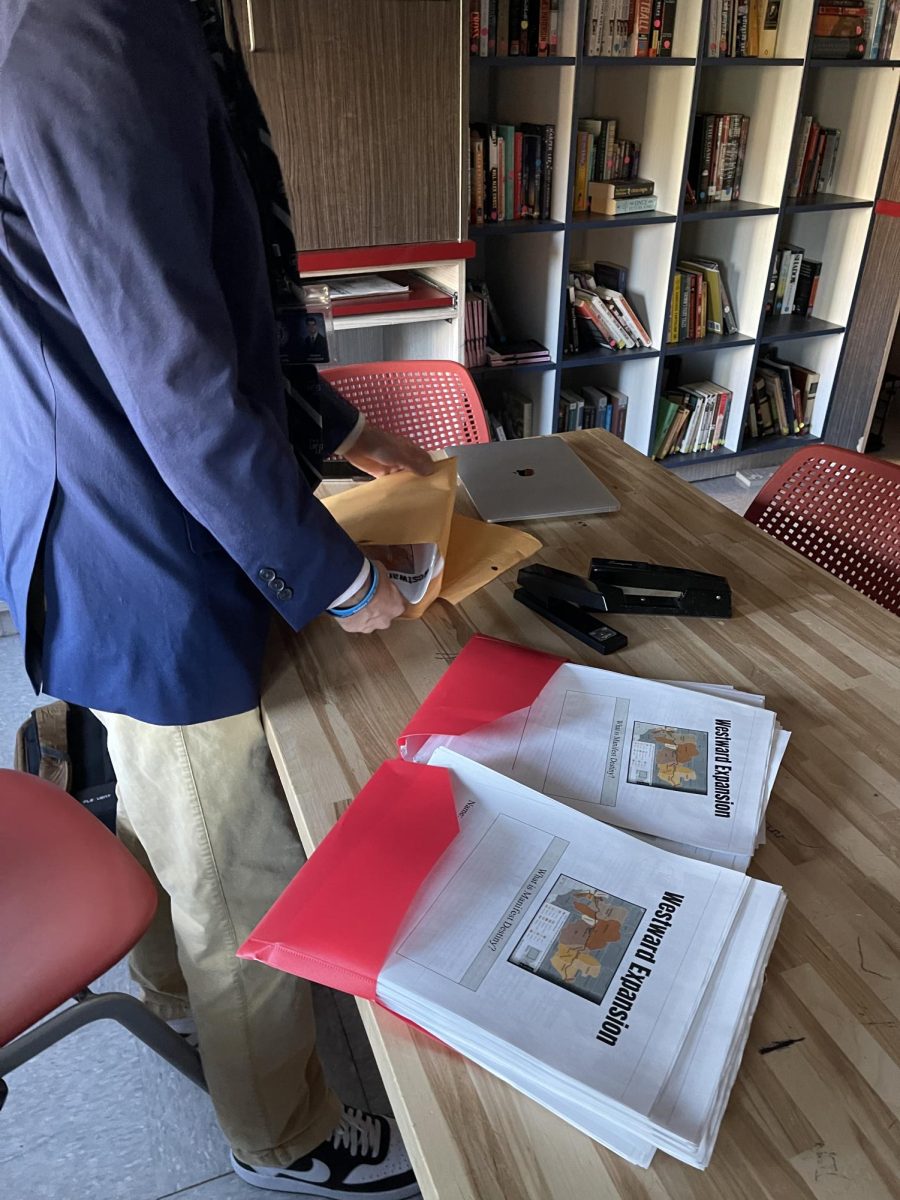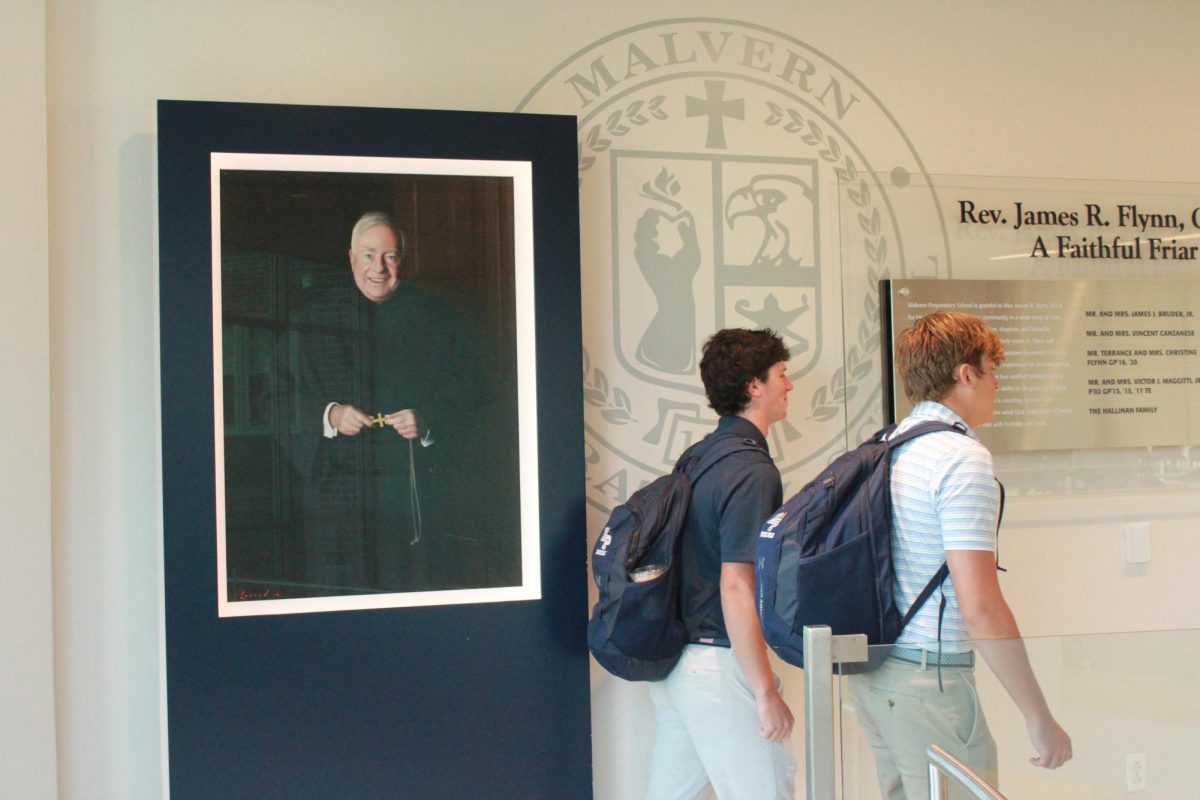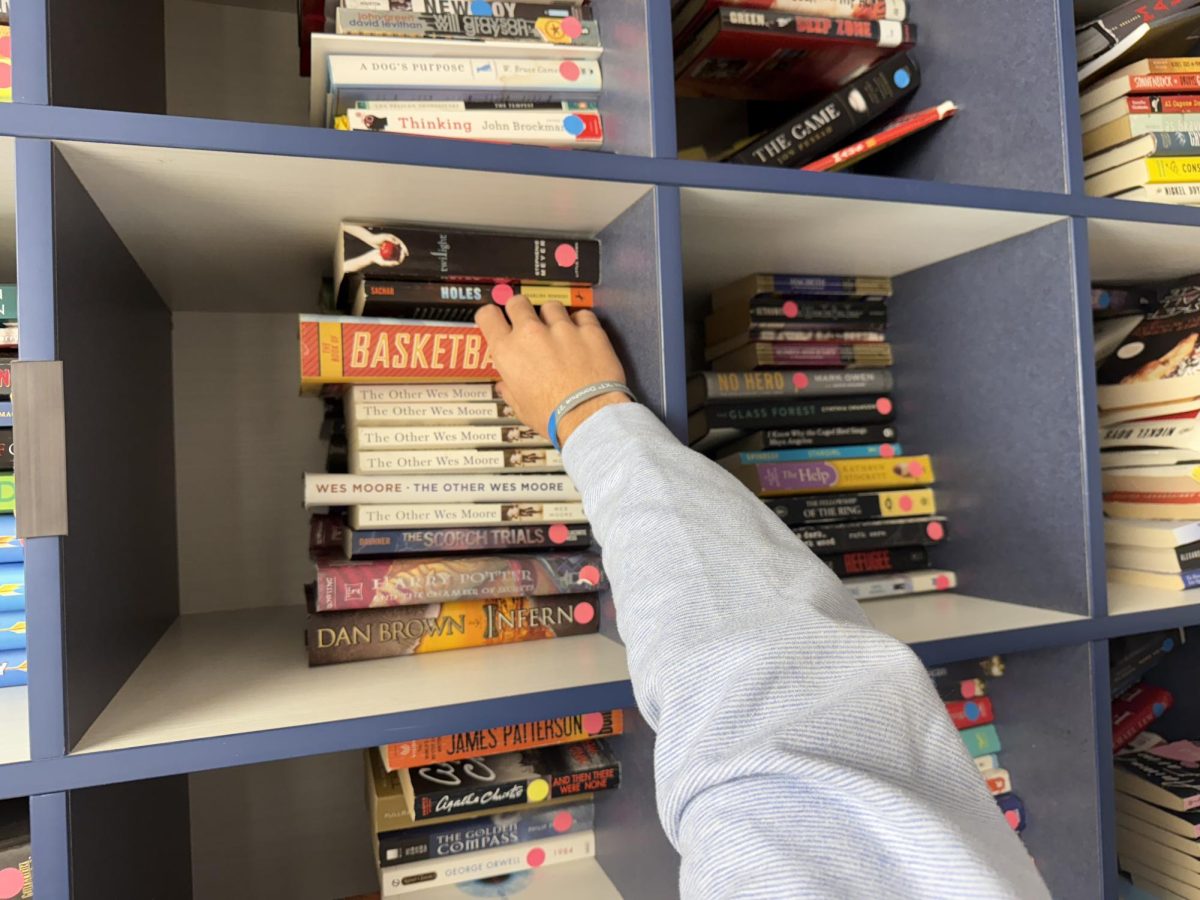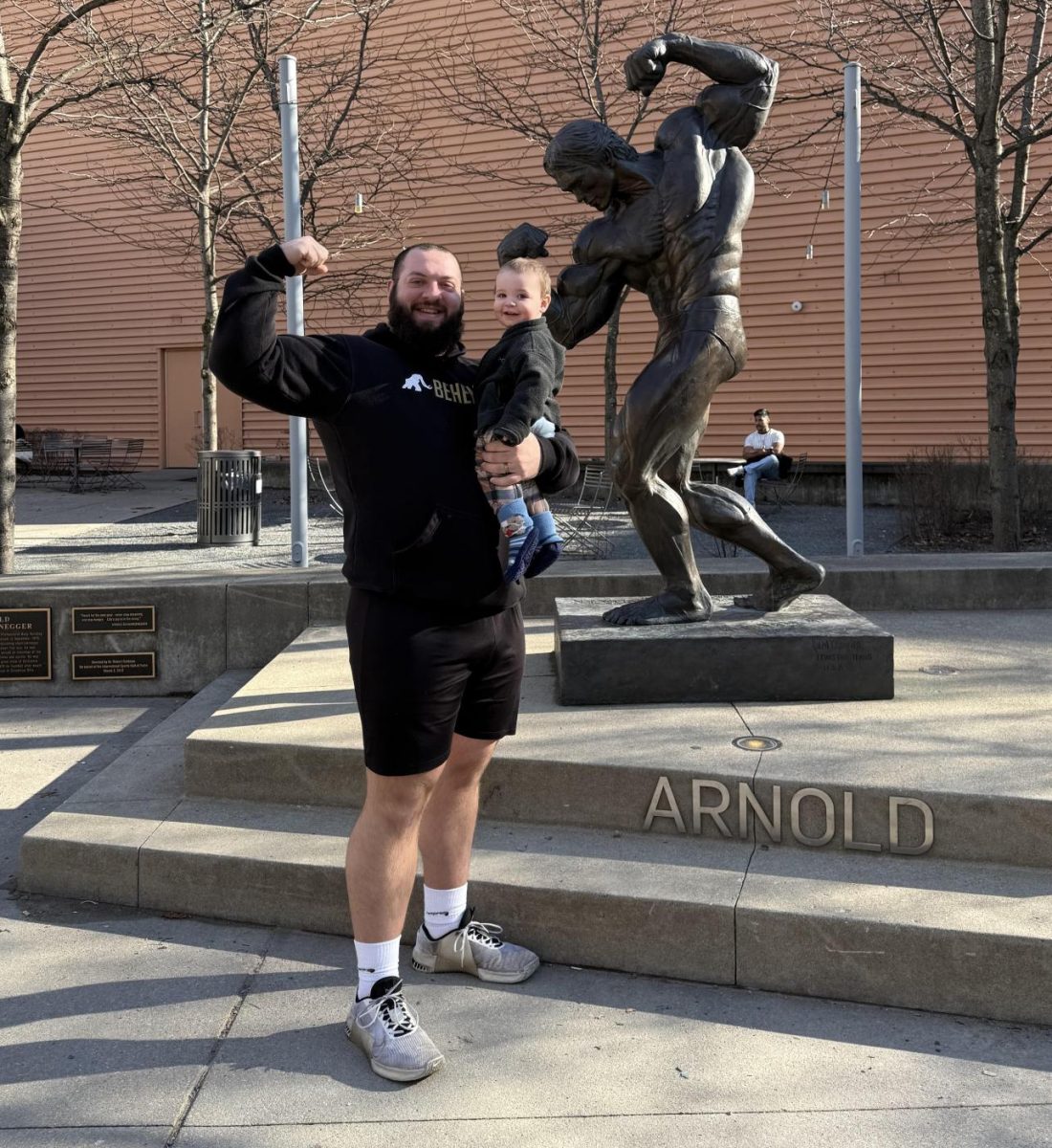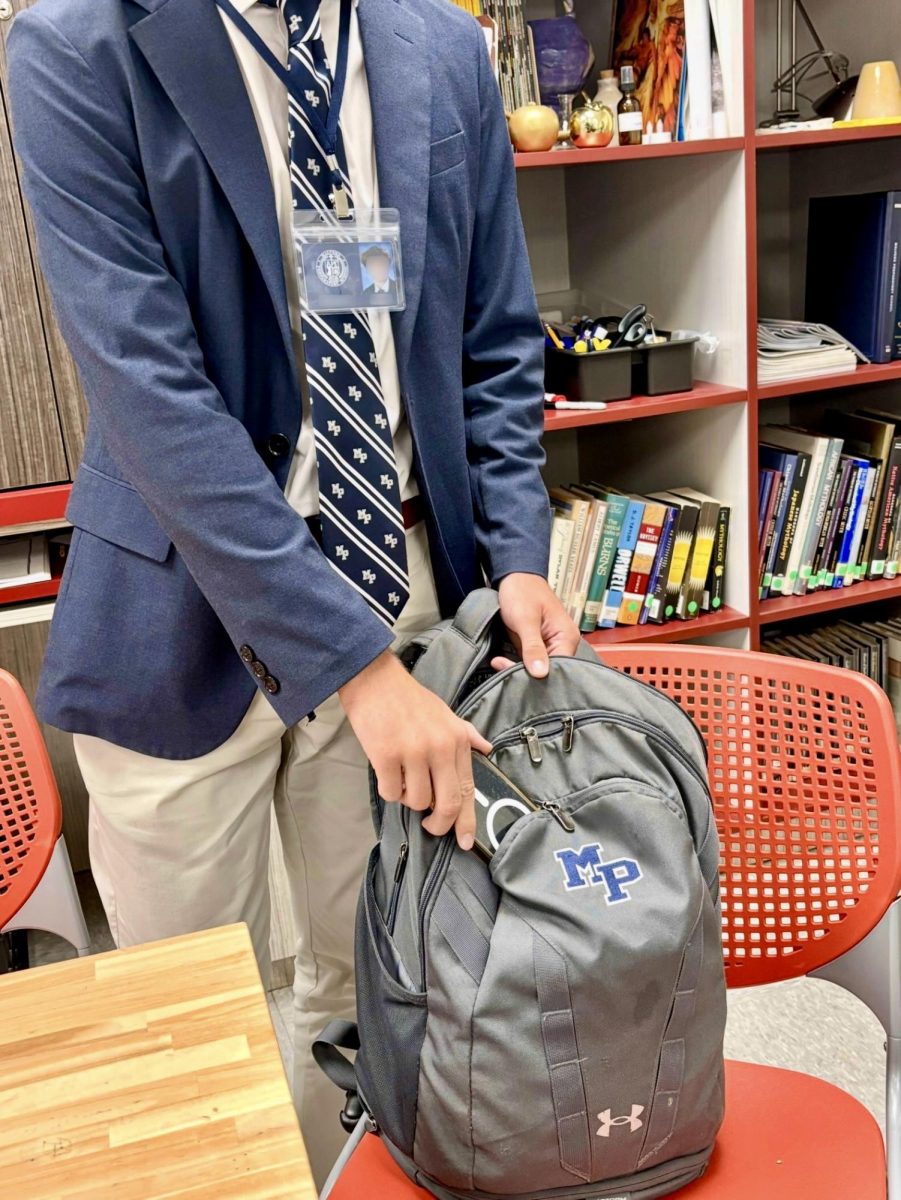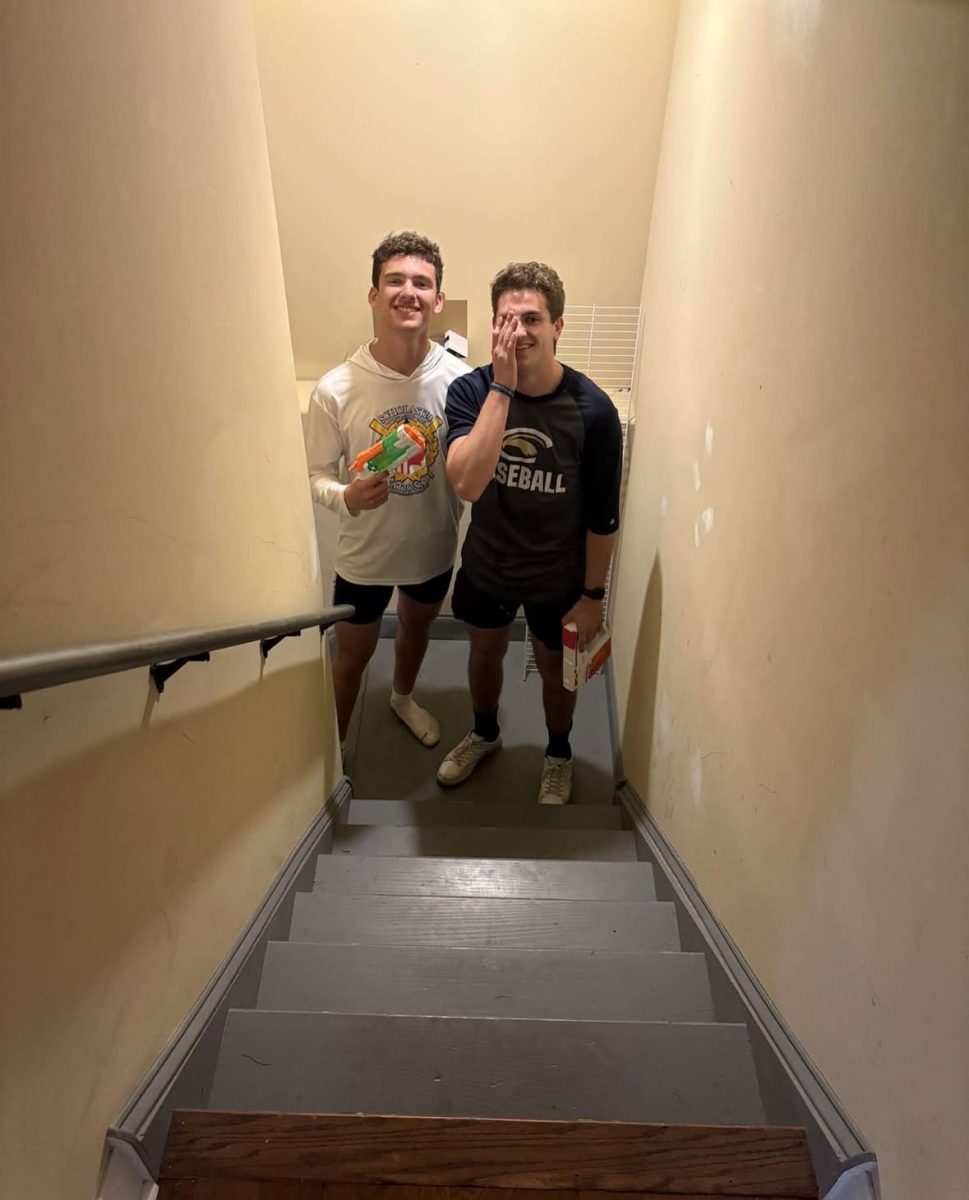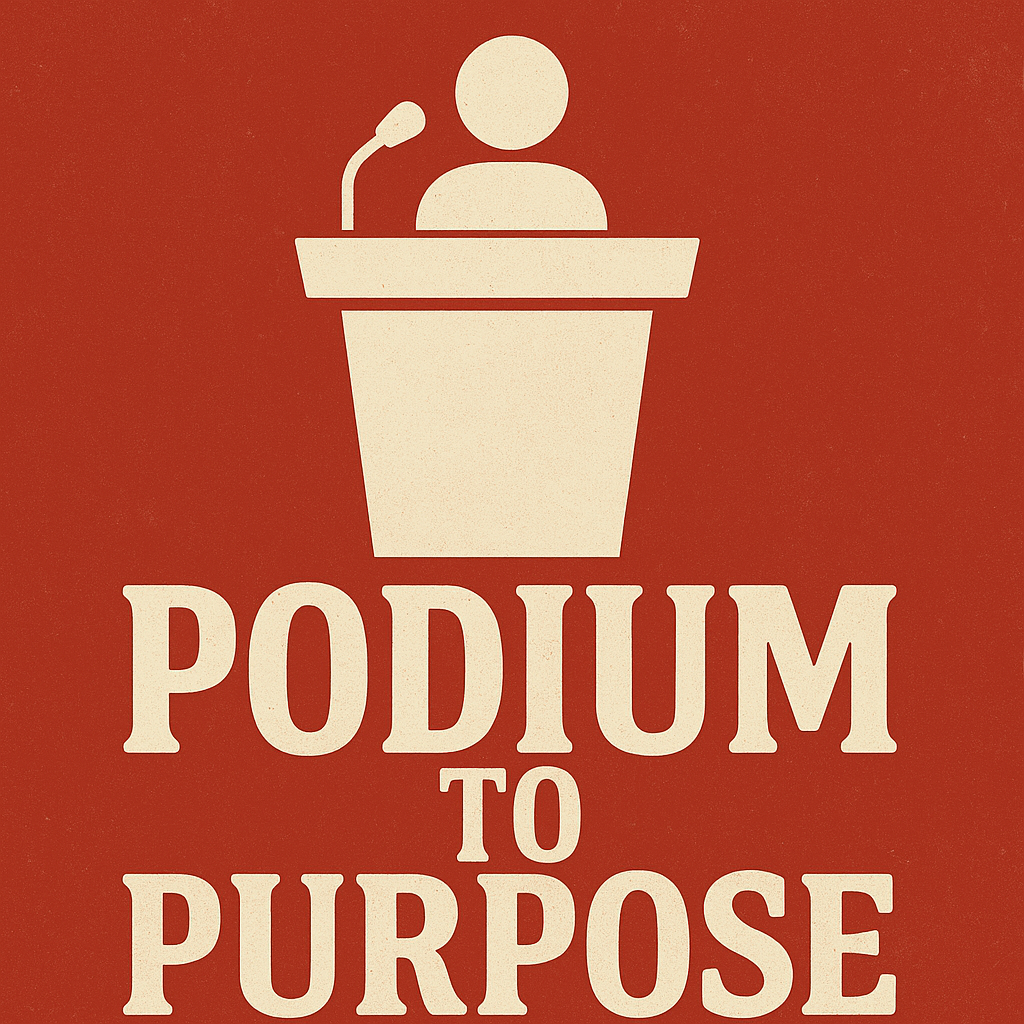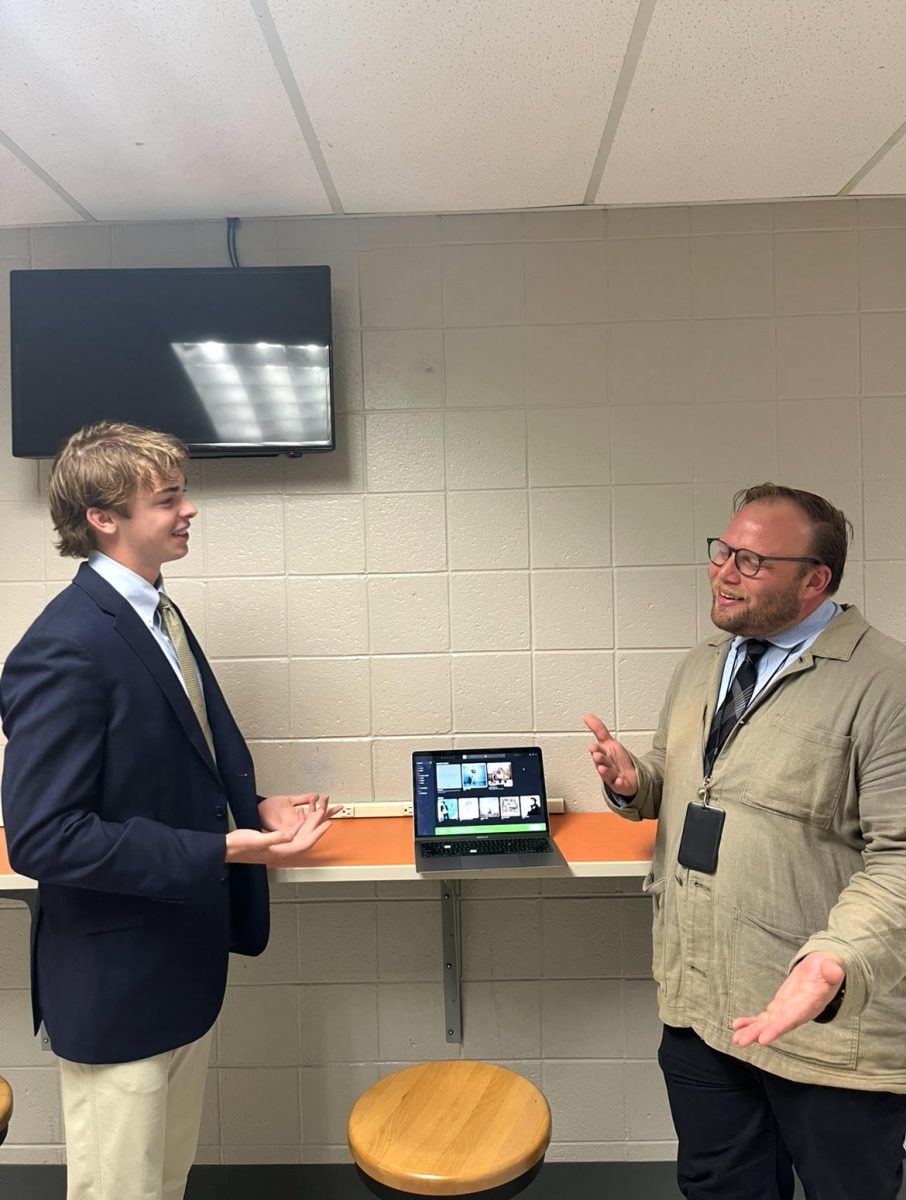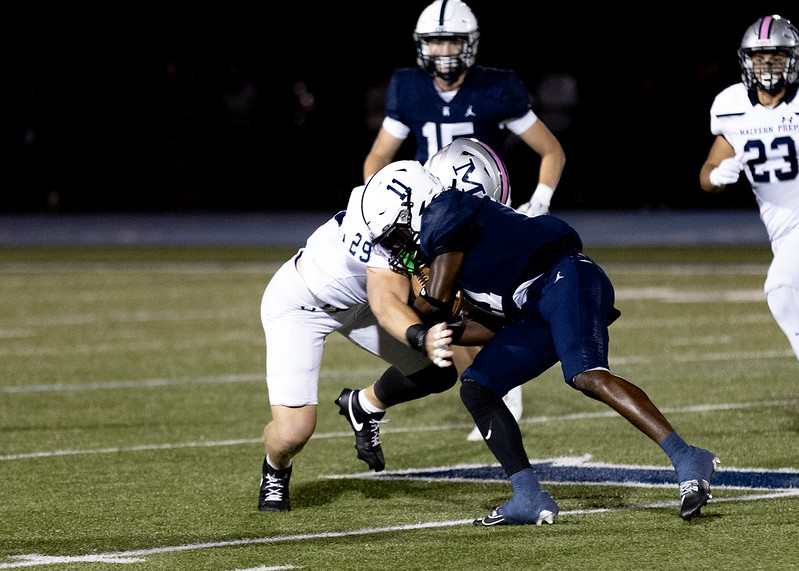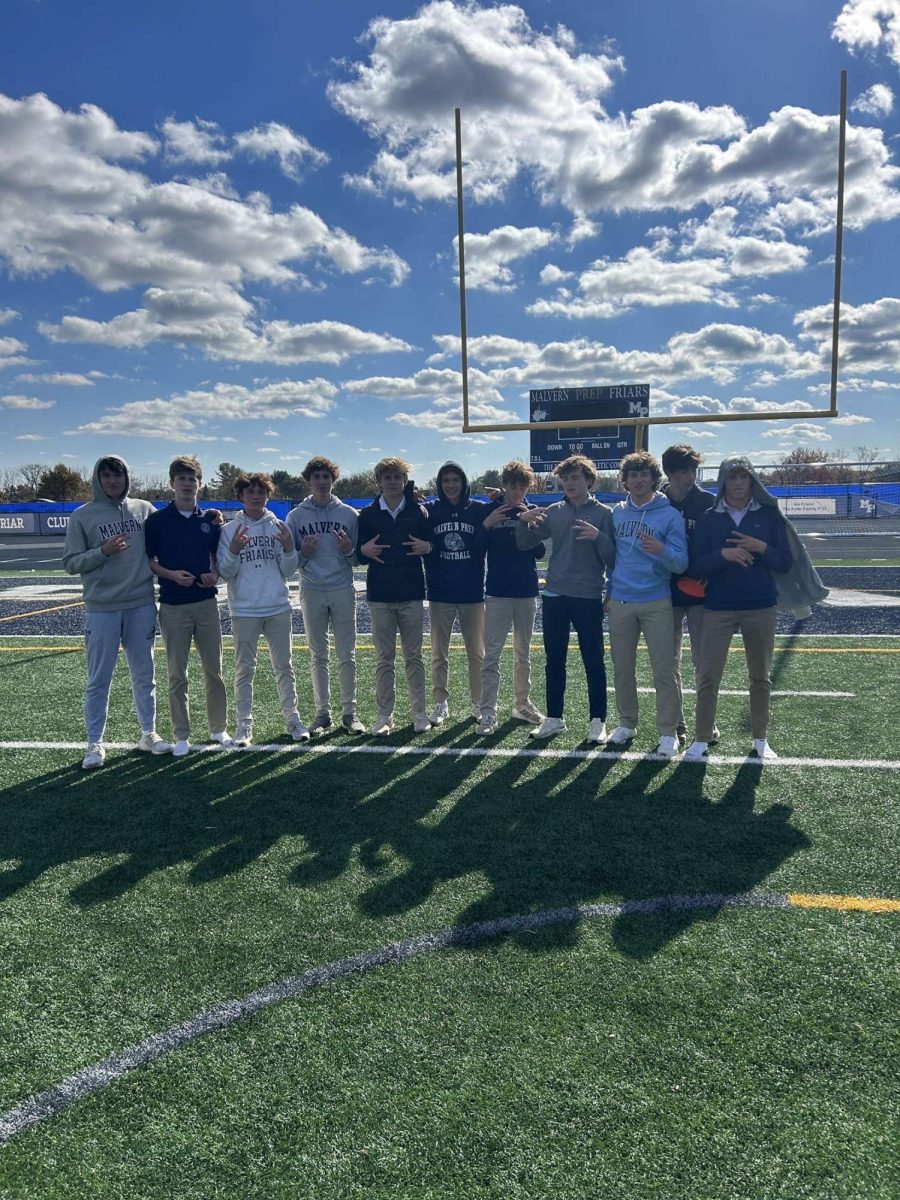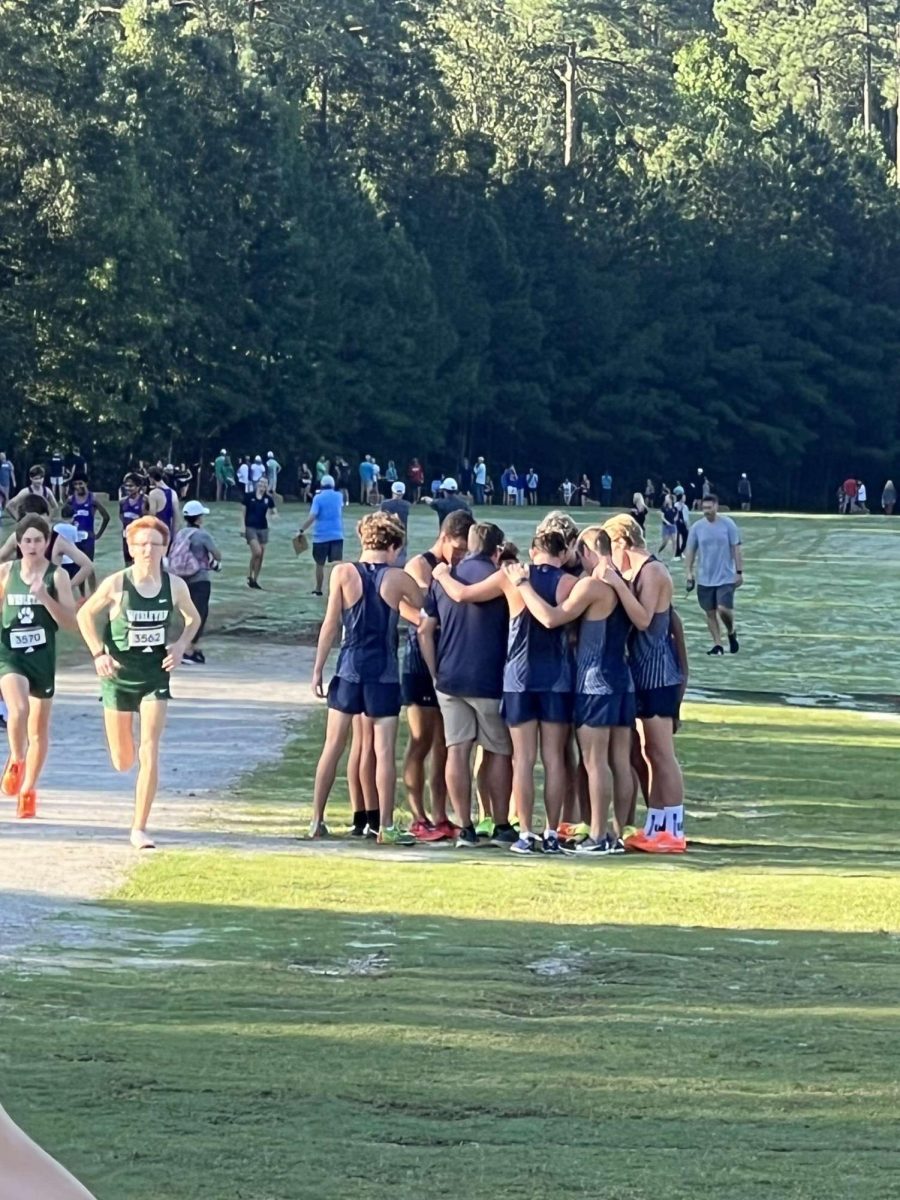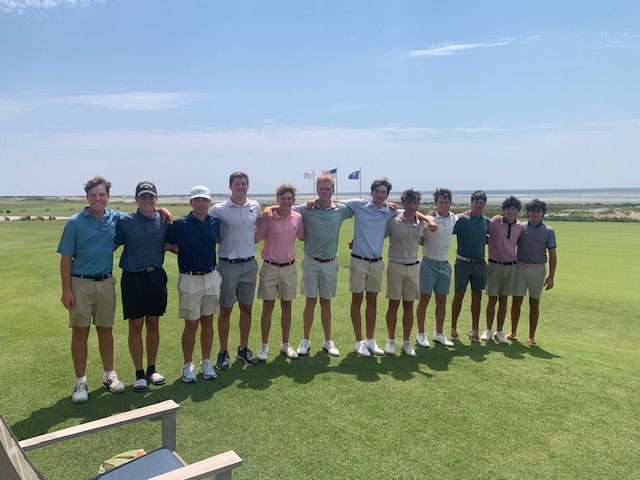Patrick Ferraiolo ’17, John McGlinn ’18
Sports Editor, Contributor
Ex-NBA player Chris Herren will speak about his drug addiction and recovery.
“If you were a kid, would you look up to yourself?”
Former college phenom and NBA player Chris Herren asks his readers this question many times throughout “Basketball Junkie”, an autobiography that recreates Herren’s fall and redemption of his drug-addicted life.
Malvern will be able to meet Mr. Herren and listen to his story on October 27. The upper school and 8th grade will attend a school-day assembly with Herren on a D-schedule. A second presentation is open to the general public at 7:00 PM in the Duffy Theatre.
School counselors Ms. Ann Wuetig and Mrs. Korin Folan were among those working behind the scenes to arrange for Herren’s visit. According to Wuetig, this process was long in the making.
“[Herren] spoke to a neighboring school last year,” Wuetig said referencing Conestoga High School. “And every so often a parent or a student would come up and say that they had this great speaker that has made such an impact that they have talked about him for days on end.”
Wuetig said that community members kept asking about whether Herren could speak at Malvern. “So this year we finally got the funds together and got everybody on board,” Wuetig said. “We made the call last March or April.”
Herren’s presentation will be funded in part with a grant from the foundation Steps 4 Hope. Mrs. Pam Moules, mother of 8th grader Matt Moules, started Steps 4 Hope in memory of her older son Jonathan, who lost his battle with drug addiction and passed away on January 7, 2014.
“We are in the middle of one of the worst health crises of our time,” Moules said. “Overdose death is now the leading cause of accidental death in our county, more than car accident, homicides, drownings, and falls. It has quadrupled in the past 15 years.”
Jonathan’s life proves that addiction can happen to anyone.
“Jonathan was an absolutely regular kid,” Moules said. “He never thought he would end up becoming addicted and certainly never believed it would end up taking his life.”
“All substances are dangerous and one leads to another,” she said. “Alcohol and marijuana are addictive and gateway drugs. You never know if you’re going to be that kid that becomes addicted. Once it happens, it’s a tough fight; so why take the chance?”
Moules’ foundation strives to reach out to kids and educate them about drug use, and to teach them good decision making. She believes it is important for students to know that addiction is a disease, not a moral failing.
“We hope to create an awareness of substance use disorders by educating people about the disease in hopes of prevention,” Moules said. “Our ultimate goal is to teach kids and parents about the causes, warning signs, and what to do if there is a problem.”
Moules believes that Herren’s presentation is remarkable and that his message is powerful and inspirational. She thinks that these talks are imperative to help solve a teenage epidemic.
“Education is the key to so many things. Learning about the causes and the science behind the disease of addiction will certainly help people understand,” she said. “Hearing stories like Chris Herren’s will help people better understand that this can happen to anyone.”
Chris Herren was born and raised in Fall River, Massachusetts. Growing up, he was innately gifted in the sport of basketball. He was an athletic standout in many sports, but basketball was his favorite.
Entering Durfee High School, Chris was considered one of the top players in the area while also coming from a prominent athletic family: his uncles, father, grandfather, and his older brother all had success playing at the same school.
According to his autobiography, Chris received many offers to play college basketball at prestigious schools, including Kentucky and Duke. Herren decided to attend Boston College. But after his freshman year, he was kicked out of the school due to drug problems, and would later transfer to Fresno State.
He became addicted to alcohol in 1997, followed by cocaine and heroin later that year.
Herren was drafted in 1999 by the Denver Nuggets, but only a year later was traded to the Celtics where he suffered a season-ending injury. After a short period of time playing overseas, Herren returned to the Celtics.
By this time, his alcohol and drug addiction problems had escalated and he was found unconscious in his car with a needle of heroin in his arm.
Having gone through rehabilitation, Herren has been alcohol and drug free since 2008. He now runs a basketball development program in New England.
Many students read Herren’s book “Basketball Junkie” for English summer reading.
“It’s a tragic story,” English Department Leader Mr. Jay Rogai said. “Herren is someone who had all the talent in the world, as far as basketball is concerned. He made bad decisions, which set him up for the horrifying struggle.”
“Since there was an opportunity to have a speaker on campus speaking to the community, we thought it would make sense to make ‘Basketball Junkie’ a part of summer reading,” Rogai said.
Students at Malvern have high expectations and are excited for what Herren has to say.
“I am excited to hear a truly inspirational take on life, something that might help me see the real issues and how to avoid them,” junior Cullen Robinson said.
Wuetig and Folan believe it is vital that Malvern does not end the topic of addiction and decision-making with this assembly.
“We are not looking at this event as just a one-and-done deal,” Wuetig said. “We do not want him to come and talk to the students and parents for an hour and never really reflect on it. Mrs. Folan and I have come up with some ideas to continue this conversation long after he has left.”
Wuetig and Folan have arranged for students to return to their homerooms after the assembly to further reflect with each other.
“We want people to be able to focus on the main points they learned earlier,” Wuetig said.
Wuetig is looking forward to the presentation.
“I have heard that [Herren] is real and upfront – and honest, brutally honest,” she said. “I feel like that if this changes the student’s direction in life, even slightly, this would be a success.”



